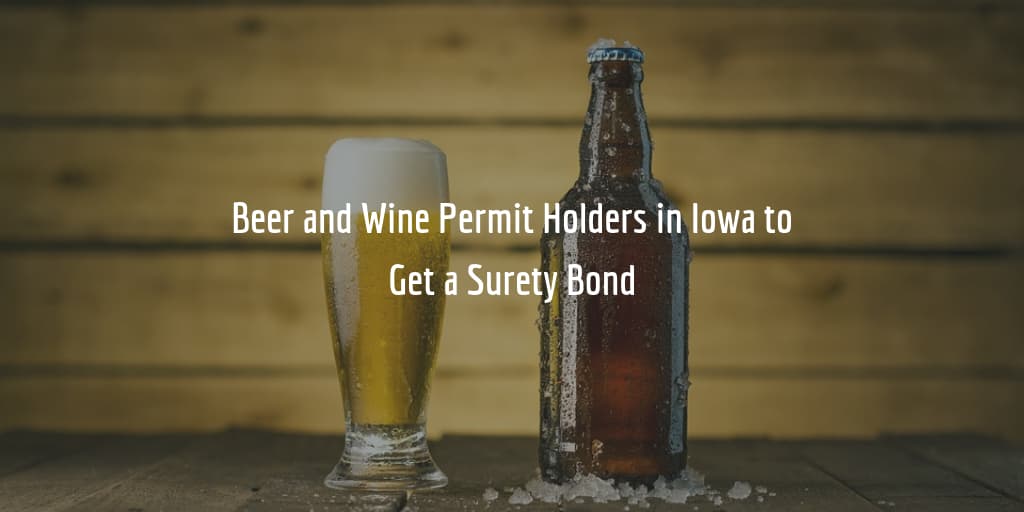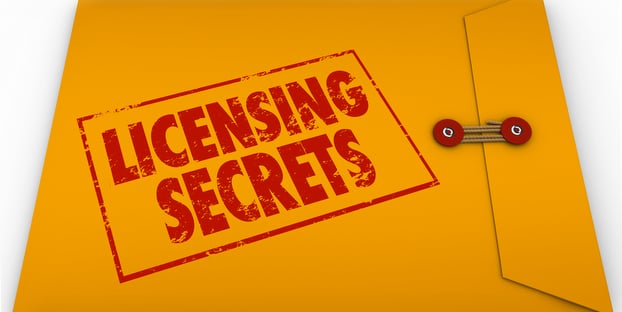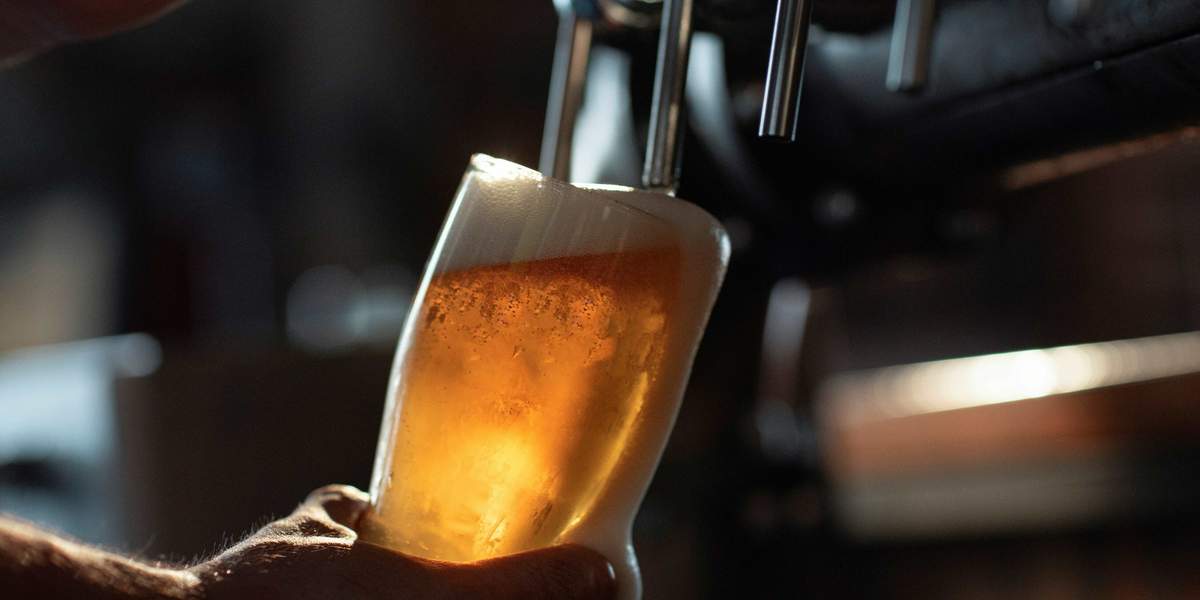On September 5, 2018, new regulations for class “A” and “special class “A” beer permit holders in Iowa came into effect. Under the new regulations holders of such permits are required to obtain a surety bond in an amount of $10,000 when applying for or renewing their permit.
Similarly, holders and applicants for a “class A” wine permit and for a wine direct shippers license must now also post a surety bond in an amount of $5,000. Finally, applicants for a class “E” liquor control license must also get bonded.
Keep reading for an overview of the new requirements and to learn more about why the brewers bond is required.
Requirements of Iowa Rule 3928C
Rule 3928C was published in the beginning of August, 2018, and came into effect on September 5, 2018. The rule amends parts of Iowa Code chapter 123 (Alcoholic Beverage Control).
Apart from several minor amendments, the main change to the chapter concerns the requirement for several types of permit holders to post a surety bond. The following permit holders are required to post a bond under the new rule:
- Class “A” and special class “A” (so-called brew pub) beer permit holders must post a $10,000 surety bond.
- Class “A” wine permit holders and wine direct shippers license holders must post a $5,000 bond; the latter must only post such a bond if they have not obtained one as part of obtaining a class “A” wine permit.
- Class “E” liquor control license holders must post a bond between $5,000 and $15,000.
While the rule has already come into effect, the new surety bond requirement will apply only for new applicants for a permit or for license holders who are renewing their permit. If you currently have a surety bond in a lower amount or were not required to post a bond previously, then you do not need to post one now.
Why are these bonds required?
Bonds such as the brewers bond are called license and permit bonds — they are required of individuals or businesses in order to get licensed. While the requirements vary from one bond to another, they are usually conditioned similarly.
For example, the bonds for both the beer and wine permits described above are conditioned upon the compliance with Chapter 123 of the Iowa Code. In other words, by getting bonded, permit holders oblige themselves to comply with all the provisions of the chapter. If, in conducting business as defined by the chapter, they violate any of these provisions and thereby cause losses or damages to anyone, a claim can be filed against their bond. Surety bond claims are a way to guarantee that claimants will be compensated for any losses they have suffered.
When a claim is filed, the surety that backs the bond may step in to compensate claimants. Yet, it is the bonded party that is ultimately liable for any claims, so if the surety extends compensation, the bonded permit holder must compensate the surety in turn.
How much does it cost to get a brewers bond?
First-time bond applicants frequently wonder if they need to pay the full amount of the bond in order to get bonded. No, bond costs and bond amounts are different.
The bond amount, such as $10,000 for a class “A” beer permit, is the maximum amount of compensation that a surety may extend under a bond agreement. The bond cost is the premium which applicants pay to get bonded. This premium is equal to a percentage of the total bond amount.
The surety that issues and backs a bond determines the cost of a bond depending on the personal credit score of an applicant. Sometimes sureties will also take into account other financial indicators but credit score has the greatest impact. Typically, the higher an applicant’s credit score is, the lower their bond premium will be.
Do you have any questions about the new bond requirement for beer and wine permit holders in Iowa? Let us know in the comments.
Vic Lance is the founder and president of Lance Surety Bond Associates. He is a surety bond expert who helps business owners get licensed and bonded.







Leave a Reply
You must be logged in to post a comment.